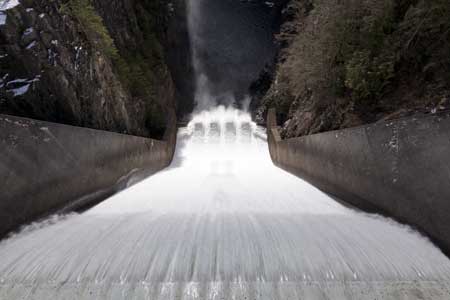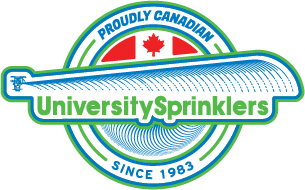From the Metro Vancouver Media Room:
 Effective immediately through October 15, Metro Vancouver will return to Stage One water restrictions. The recent rain has helped to restore our reservoirs to well within acceptable levels for a sustained period of time, and cooler temperatures have reduced water consumption throughout the region to seasonal averages.
Effective immediately through October 15, Metro Vancouver will return to Stage One water restrictions. The recent rain has helped to restore our reservoirs to well within acceptable levels for a sustained period of time, and cooler temperatures have reduced water consumption throughout the region to seasonal averages.
Today, Carol Mason, Commissioner of the Greater Vancouver Water District and Metro Vancouver’s CAO, signed a declaration returning the region’s Water Shortage Response Plan to the first stage from the second, which had been in place since September 9. Given the extraordinary weather conditions through much of this year, Stage 3 water restrictions were implemented from July 20 to September 9 because of this summer’s extremely hot, dry weather.
“We’ve only implemented Stage Three water use restrictions once before in 2003, and there have been many important lessons learned during the past several months,” said Commissioner Mason. ”I would like to acknowledge the collective efforts of everyone who helped us to achieve our goal of reducing water consumption during drought conditions region-wide to below 1.2 billion litres per day.”
 The Capilano, Seymour and Coquitlam reservoirs have stabilized at approximately 60 per cent of their storage capacity, which is typical for this time of year. Metro Vancouver’s three alpine lakes, which provide water to the reservoirs in the summer, have also been replenished by the recent rains.
The Capilano, Seymour and Coquitlam reservoirs have stabilized at approximately 60 per cent of their storage capacity, which is typical for this time of year. Metro Vancouver’s three alpine lakes, which provide water to the reservoirs in the summer, have also been replenished by the recent rains.
“It was a long hot, dry summer in Metro Vancouver to say the least, with the extreme weather severely impacting our water supply, incidence and risks of forest fires, and air quality,” said Greg Moore, Chair of the Metro Vancouver Board of Directors.
“We thank everyone who made adjustments to comply with the necessary water use restrictions for the greater good, and I would especially like to recognize the businesses whose operations were temporarily affected,” he added.
Commencing this fall, Metro Vancouver will evaluate the Water Shortage Response Plan, and consider the input received this summer from residents, businesses, and member municipalities to determine opportunities for improvements in the future.
“This year has proven to be a real wake-up call and may be the new norm going forward,” said Darrell Mussatto, Chair of Metro Vancouver’s Utilities Committee. “The adjustments we made prove our region’s ability to dramatically reduce water consumption by eliminating unnecessary outdoor use for aesthetic purposes.”
“We now know that our water system is resilient, and no matter what weather conditions we face in the future, we should always use our water wisely in order to conserve this vital natural resource” he added.
The first stage of Metro Vancouver’s Water Shortage Response Plan will be in effect until October 15. During Stage One restrictions, watering lawns is permitted in the morning but prohibited during evening hours when demand is highest for domestic uses including dishwashing, laundry, and showers.
Thanks to conservation programs like the lawn sprinkling regulations, there has been a 27-per-cent decline in per-capita water use in our region since 1993. While Metro Vancouver establishes the annual water use restrictions, our member municipalities enforce them.
